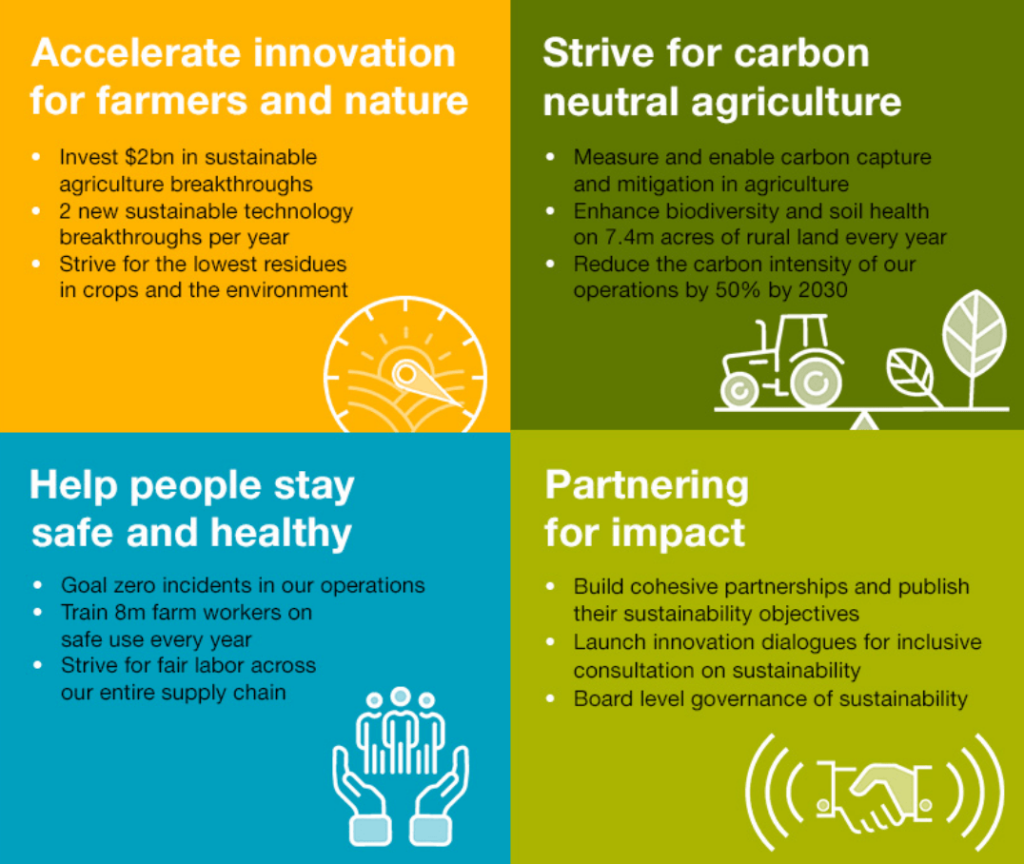

Recent Posts
Laser Eye Surgery Explained: How the Procedure Works, Costs, and Recovery Time
Laser eye surgery has helped millions of people around the world reduce or eliminate their dependence on glasses and contact lenses. In Australia, it has…
Understanding Your Night-Time Patterns with a Comprehensive Sleep Test Brisbane Services Offer
What is a Comprehensive Sleep Test and How Does it Work? A comprehensive sleep test is a diagnostic procedure that monitors and records your body’s…
Sleep Apnea Test Perth: What Impacts Assessment Outcomes and How to Find the Right Specialist
What Is Obstructive Sleep Apnea and Why Is It Important to Diagnose? Obstructive Sleep Apnea (OSA) occurs when throat muscles relax excessively during sleep, causing…
The Science Behind Perfect LASIK: How It Works to Transform Vision
Introduction If you’ve ever wished you could wake up and see clearly without reaching for your glasses or putting in contact lenses, you’re not alone….
How to Buy CPAP Machines Online: A Step-by-Step Guide for First-Time Buyers
Purchasing a Continuous Positive Airway Pressure (CPAP) machine can significantly improve the quality of life for individuals suffering from obstructive sleep apnea. As more consumers…
The Ultimate Guide to Choosing the Best CPAP Machines for Better Sleep
Sleep apnea is a condition that affects millions of people worldwide, disrupting the quality of sleep and leading to a multitude of health issues. Continuous…




